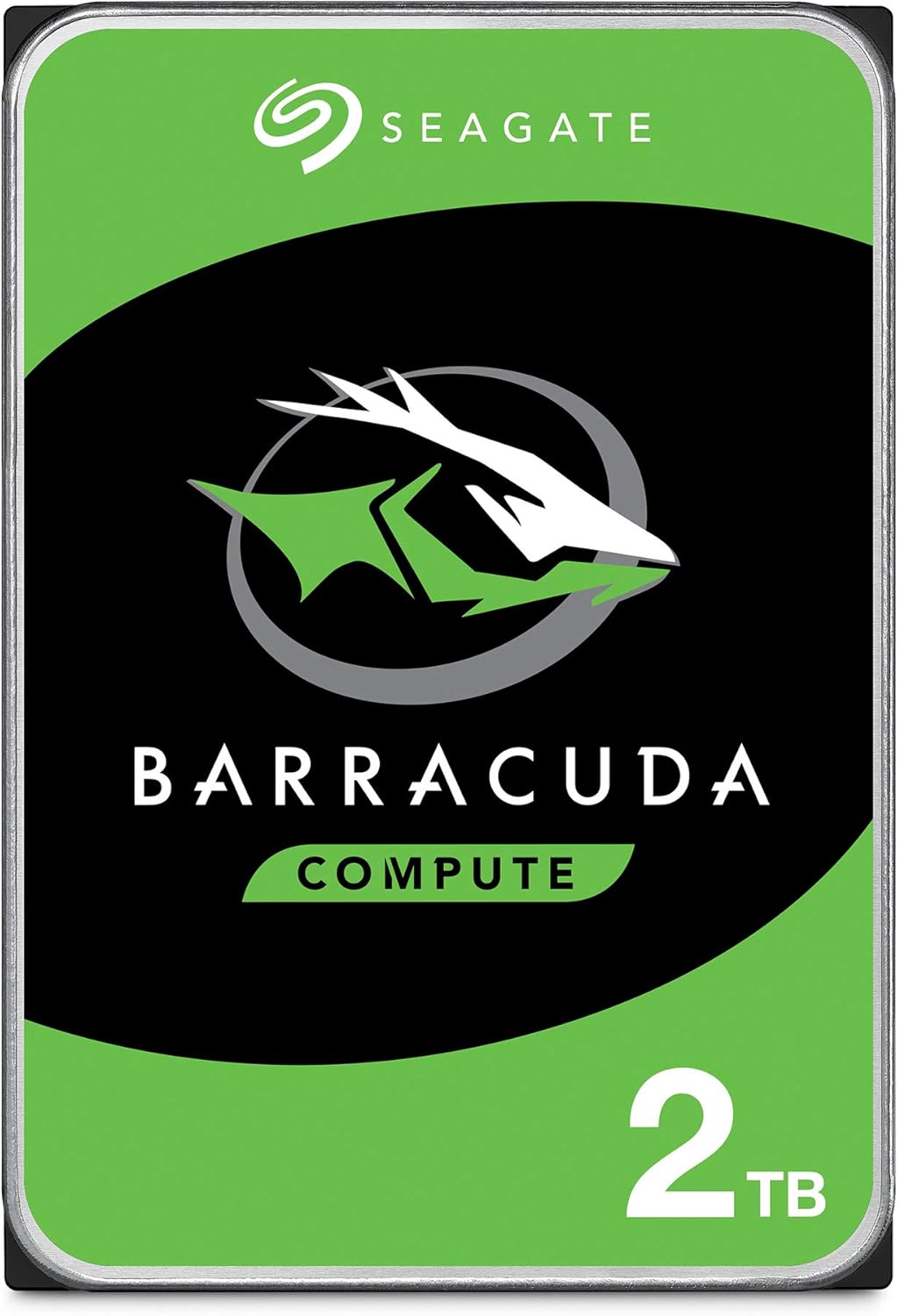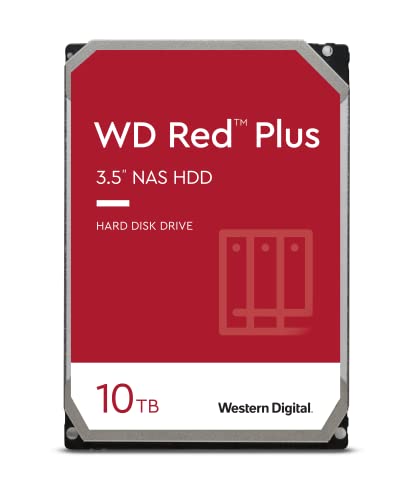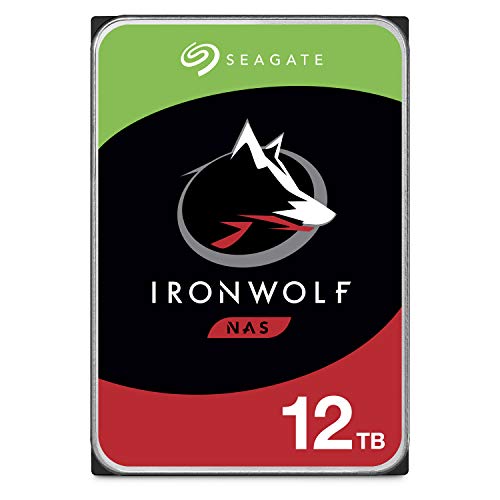Computer parts refer to the various components that make up a computer system. These components work together to perform various tasks and run software applications. Some of the essential computer parts include the Central Processing Unit (CPU), motherboard, Random Access Memory (RAM), storage devices (Hard Disk Drive or Solid State Drive), Graphics Processing Unit (GPU), power supply, and cooling system.
-
Performance: High-quality computer parts ensure smooth and efficient performance, allowing users to multitask and run resource-intensive applications without lag or slowdowns.
-
Reliability: Durable and well-built components are less likely to fail, ensuring that the computer remains functional and stable over time.
-
Compatibility: Standardized parts ensure compatibility between different components, making it easier to upgrade or replace parts as needed.
-
Energy efficiency: Modern computer parts are designed to consume less power, reducing energy costs and environmental impact.
-
Scalability: Many computer parts can be easily upgraded or expanded, allowing users to customize their systems to meet their specific needs and requirements.
-
Ease of use: User-friendly components and interfaces make it easier for users to install, configure, and maintain their computer systems.
-
Cooling and noise reduction: Efficient cooling systems and noise-reducing technologies help maintain optimal temperatures and minimize noise levels, ensuring a comfortable and quiet computing experience.
-
Aesthetics: Many computer parts are designed with aesthetics in mind, offering sleek and visually appealing designs that complement various environments and personal preferences.
-
Warranty and support: Quality computer parts often come with comprehensive warranties and customer support, providing users with peace of mind and assistance when needed.
-
Value for money: High-quality computer parts offer a balance between performance, reliability, and cost, ensuring that users get the most out of their investment.



